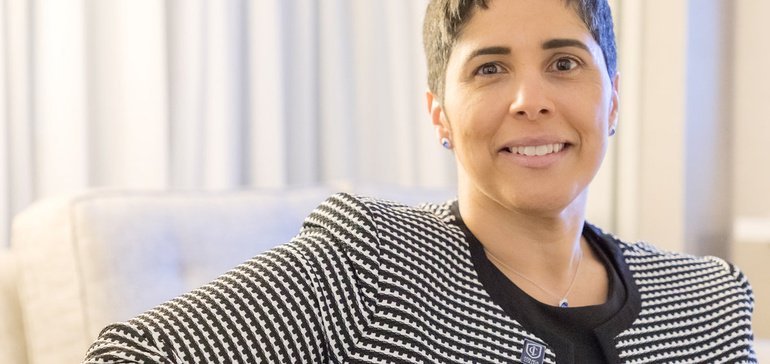How a president’s past scandal shows leaders ought to prepare to confront controversy

When it comes to a complicated past or poor decision-making in time of crisis or emergencies, it is becoming increasingly clear that college and university presidents can no longer sweep issues under the rug — as evidenced by the number of leaders who have resigned or who were publicly scrutinized over the last few years. In addition to institution leaders facing pressure for sexual harassment claims on campus, others — like former University of Missouri president Tim Wolfe and University of South Florida regional chancellor Sophia Wisniewska — have also been ousted due to their handling of campus unrest or personal issues.
A pattern of scrutiny shows presidents and other administrators not only ought to conduct themselves differently in the academy versus in public, but should also prepare to handle these crisis and others in a way that saves face and also considers the concerns of campus community members. When it comes to dealing with emergencies broadly, researchers from the University at Albany suggest six strategies leaders can follow. These include: + Creating pre-conditions that facilitate collaboration during an incident. + Effectively interpreting the complex context of the unrest. + Fast response and targeted decision making. + Extending information to stakeholders and constituents on decisions carried out. + Figuring out the right moment to shut-down the crisis and learning from it. + Documenting the event to enhance safety and performance.
read more at educationdive.com





